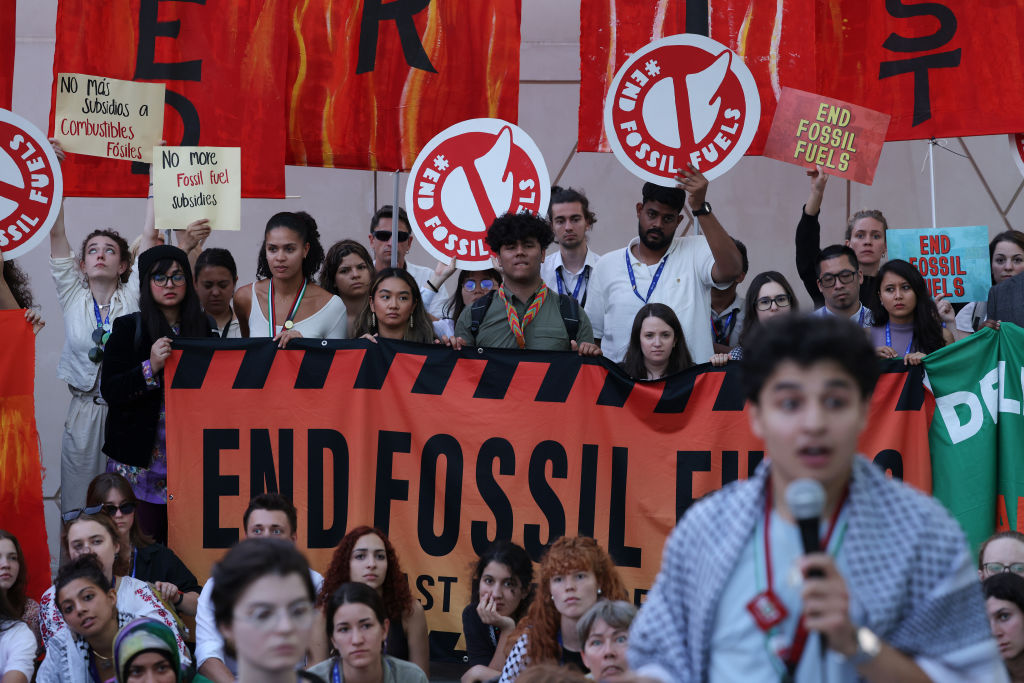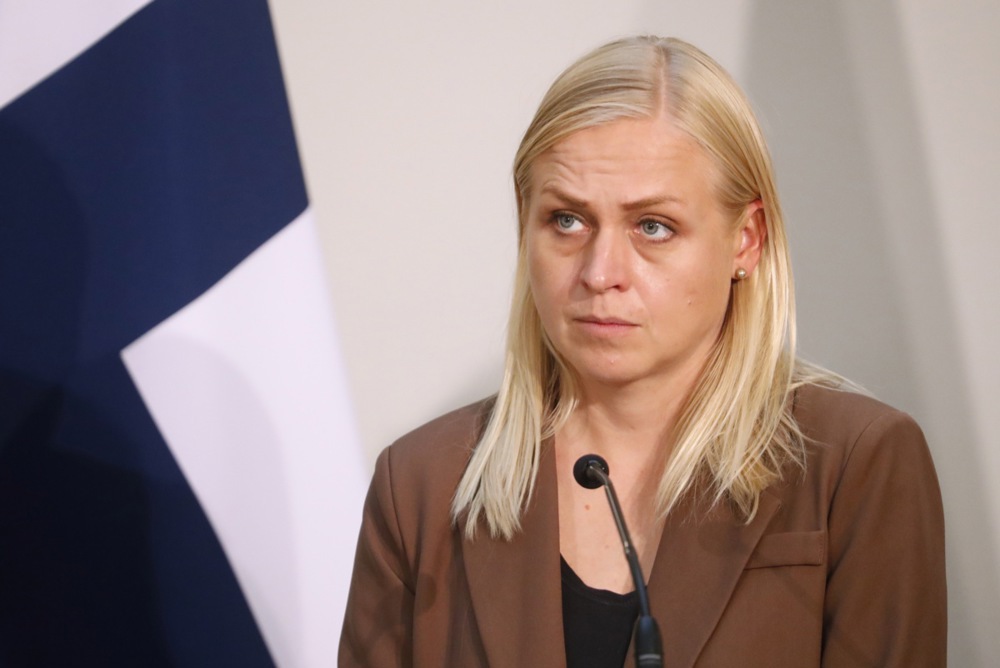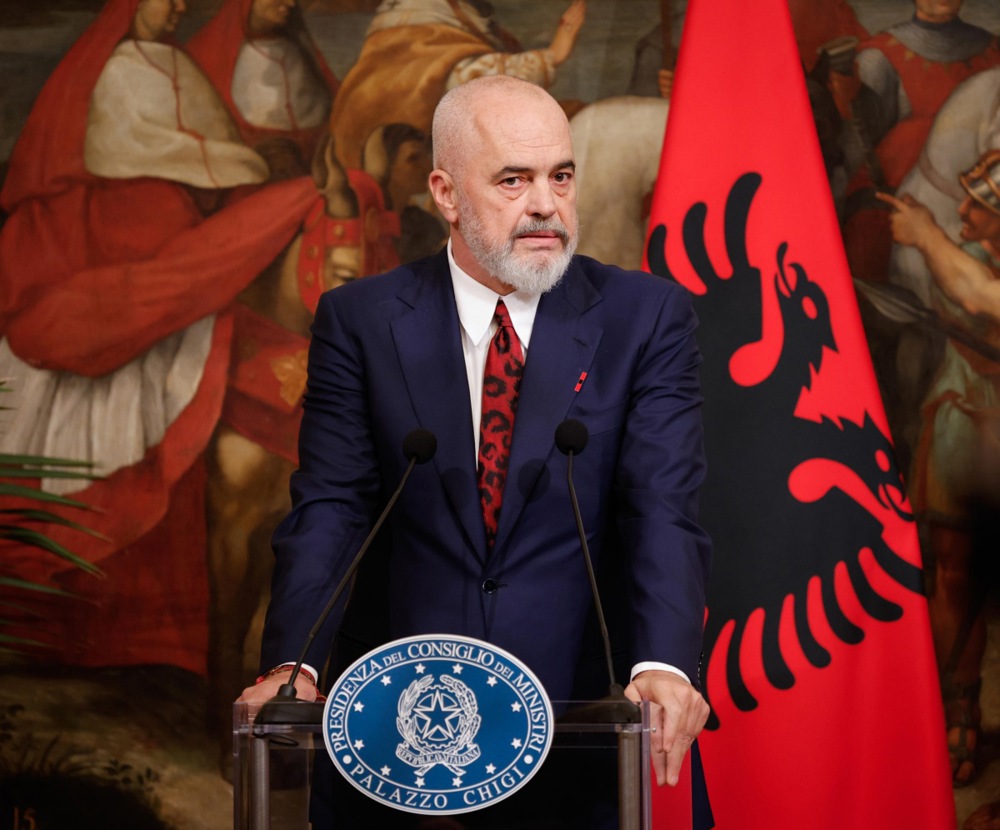Abraham Lincoln’s saying that you can fool some of the people all of the time, all of the people some of the time, but never all of the people all of the time is a bit of a cliché, but that does not make it less true.
As Politico has been reporting, “billions of Euros earmarked to boost renewable energy and slash emissions are on the cutting block after EU leaders proposed moving them over to fund immigration and defence efforts instead”.
One wonders what could have caused this change of mind among EU leaders, who just a few weeks ago proposed the usual “phase out fossil fuels” claptrap at the COP28 climate summit.
Most likely, they are taking a closer look at current polling for upcoming elections, and are starting to panic. After the victory of Geert Wilders in the Dutch elections a few weeks ago, it is becoming clear that populist parties are on the rise again. The AfD in Germany continues to outpoll expectations, and everything points to a major increase in their share of the votes in the upcoming June 2024 elections to the European parliament:
An electoral district analysis from December shows a map of Germany painted in black (conservatives) and blue (AfD). The German conservatives run as a joint list of the Bavarian CSU and the CDU on the federal level, and together they poll at 31 per cent. If measured separately, however, the CDU would gain 24.5 per cent of the vote and the CSU 6.5 per cent – making the AfD Germany’s most popular single party with 25 per cent.
The Greens currently stand at 12 per cent, and their fellow coalition partners SPD and FDP at 12 per cent and 3 per cent respectively.
Yet Germany is not the only country where the Right is gaining: Austria, which has federal elections scheduled for the autumn of 2024 will almost certainly be a political earthquake reverberating throughout Europe. The Right-wing populist Freedom party (FPÖ) continues to lead at 30 per cent in the polls, while the Social Democrats are a distant second with 24 per cent and the conservative party barely cracks the 20 per cent mark.
Although these numbers are not set in stone, the prevailing mood in Austria on all major issues benefits the FPÖ. Having originally been a one-issue party focused solely on migration, the party has broadened its base through adding climate change scepticism as well as a continued critique of the government’s policy during the global pandemic.
Should the FPÖ achieve what just a few months ago seemed to be impossible, namely conquering the chancellery in Vienna, this would have significant spill over effects into Germany, which will have its own federal elections in the fall of 2025.
Wilders’ PVV, the FPÖ, and the AfD have very similar positions on migration and climate change: arguing that economic growth and energy security are more important than fighting global warming, they are open to permit fossil fuel extraction in Europe and allow a renaissance of nuclear power.
On migration, they want to restrict the number of newcomers and establish a policy that enshrines the protection of national values and traditions. And a growing number of people are agreeing with them.
The immigration policies of the last few decades are perceived as an absolute disaster, and seeing Islamist mobs roaming the streets of major European cities in the aftermath of October 7 was a wakeup call for many that migration policy needs to be altered substantially. A feeling of being intimidated in one’s own country is not something a majority is willing to accept forever.
Similarly, all the promises made regarding the energy transition that would make Europe a renewables superpower have only brought with them higher energy prices and declining global competitiveness.
Austria and the Netherlands are two small countries with limited influence in the European Union, but one should see them not in isolation but as the first two pieces in a row of dominoes. If they fall, they will knock over larger pieces, with Germany being the potential first one.
The last line of defence against the AfD is the claim that they are a threat to democracy, but if the German people see that neither Austria nor the Netherlands have descended into fascism, their hesitancy to cast a vote for the AfD is bound to decline.
The chances are small that party leader Alice Weidel will enter the chancellery in Berlin come 2026, but becoming the second largest force in the German Bundestag will send a signal to the French, who have to decide on a new president in 2027.
It is therefore no wonder that frantic horse-trading and bargaining is starting to heat up in Brussels, as the electoral prospects of the traditional mainstream parties are becoming dimmer and dimmer. If it will be enough to change the coming populist tide remains to be seen, maybe they have tried to fool all of the people for too long after all.






